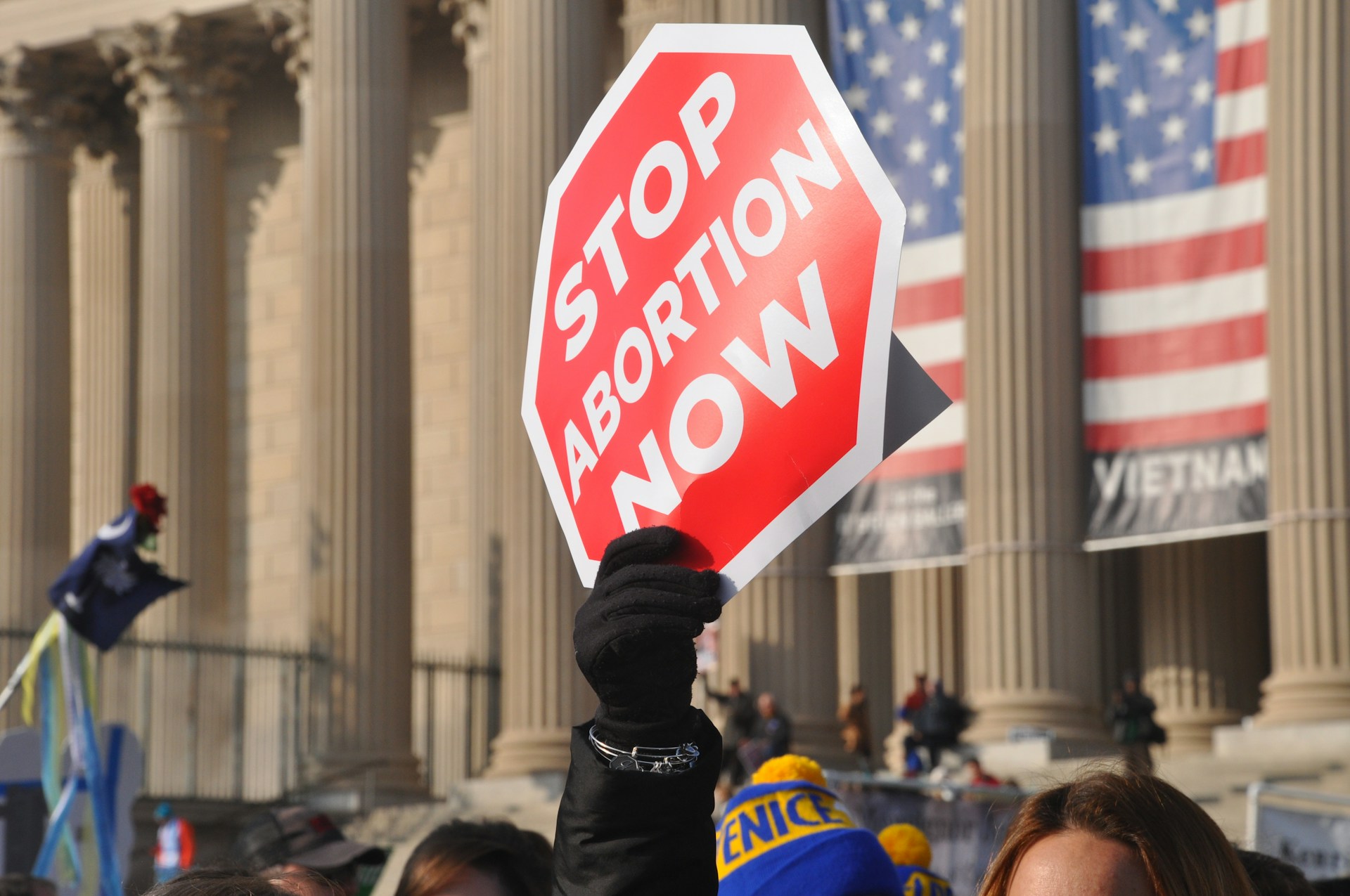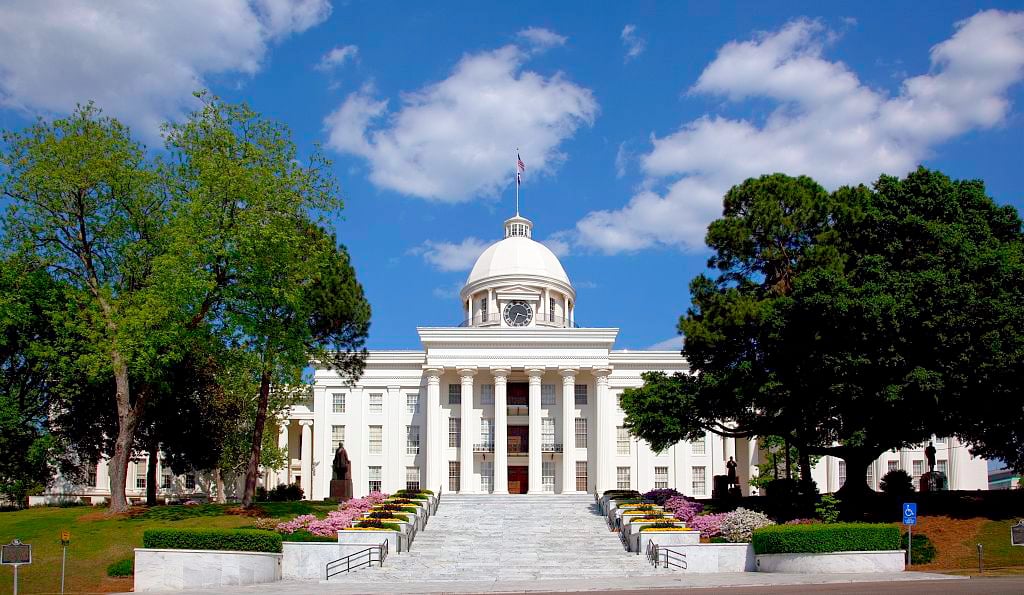Following the ruling from the Alabama Supreme Court back in February which treats frozen embryos created through in vitro fertilization as “unborn children” under wrongful death statutes, it looks like the Texas Supreme Court may follow suit.
After this ruling major fertility clinics were shuttered until a law relieving the clinics of legal liability for any embryo destruction or damage was passed by the Alabama Legislature.
Impact on IVF Access

In a state where thousands of IVF babies are born annually, the Texas Supreme Court may hear a case that could have a similar impact on IVF access as seen in Alabama.
The justices on the Texas Supreme Court, who are all Republican, will need to decide whether they wish to weigh in on the multi-billion-dollar IVF industry’s complex and inconsistent legal framework.
Disputed Contract

Central to the lawsuit is a contract signed by Caroline and Gabriel “Gaby” Antoun in 2019 which states that all frozen embryos which are considered property in Texas and other US states would revert to the husband in the case of divorce.
The couple was in the midst of divorce proceedings in June 2022 when the US Supreme Court dismantled Roe v. Wade, inhibiting nationwide access to abortion.
Ruling Challenged

Two months after Roe v. Wade and following a trial court upholding the contract, Caroline Antoun contested the ruling on the embryos.
When the 2nd Court of Appeals affirmed the long-standing legal precedent that considers embryos legal property, she proceeded to appeal to the Texas Supreme Court.
Abortion Ban Change

Lawyers for Caroline Antoun have argued that under the state’s new abortion bans embryos are now considered unborn children.
As such the settling of ownership of the embryos would fall under custody proceedings rather than contracts that specify property division.
Petition for Review

Caroline Antoun’s lawyers stated in their petition that “Now that Roe is no longer law, the Court has the opportunity to reclassify embryos as unborn children rather than property.”
They went on to say their ambition was to “recognize and protect the rights of those unborn children and their parents.”
High Court Consideration

The high court has neither rejected the case nor scheduled to hear arguments yet although merit briefs have been requested in December 2023.
This request indicates that at least three justices have expressed their interest in taking up the matter.
Understanding IVF Contracts

Caroline Antoun has stated that her motivation for pursuing the case is not related to the politics of abortion.
Instead, her goal is to ensure people are more informed about IVF contracts and what it means to have parental rights over a child born from embryos that contain their genetic material.
Caroline Antoun’s Position

Under Caroline Antoun’s IVF contract, she would have no parental rights to any children who are born from the embryos under dispute.
According to her statement: “I would be doing this whether Dobbs happened or not, I don’t think kids should be considered property.”
Gabriel Antoun’s Position

According to Gabriel Antoun’s lawyer, Patrick Wright, the status of embryos in divorce proceedings is not impacted by current Texas law.
Wright claims in a statement that whether embryos are people “is a legislative function, not a judicial function.”
Unregulated Industry

According to Sarah London, an attorney who provides representation to families in both individual and class action lawsuits against fertility clinics, Alabama has left parents undergoing IVF with fewer protections following the ruling.
She went on to comment that the IVF industry is already a difficult one to regulate and that passing such legislature would make it even harder to achieve justice if clinics damage or destroy embryos due to equipment issues.
Campaigning for New Laws

According to Caroline Antoun, even if the court does not take up her case she wants to continue campaigning for new laws surrounding IVF in Texas.
One example of her goals is to encourage parents to require counseling before they sign an IVF contract so they can fully understand the implications of the process they are undergoing.
After we have seen the fallout from Alabama’s ruling on a similar case, experts have a greater idea as to the implications of such a decision in the state of Texas.
